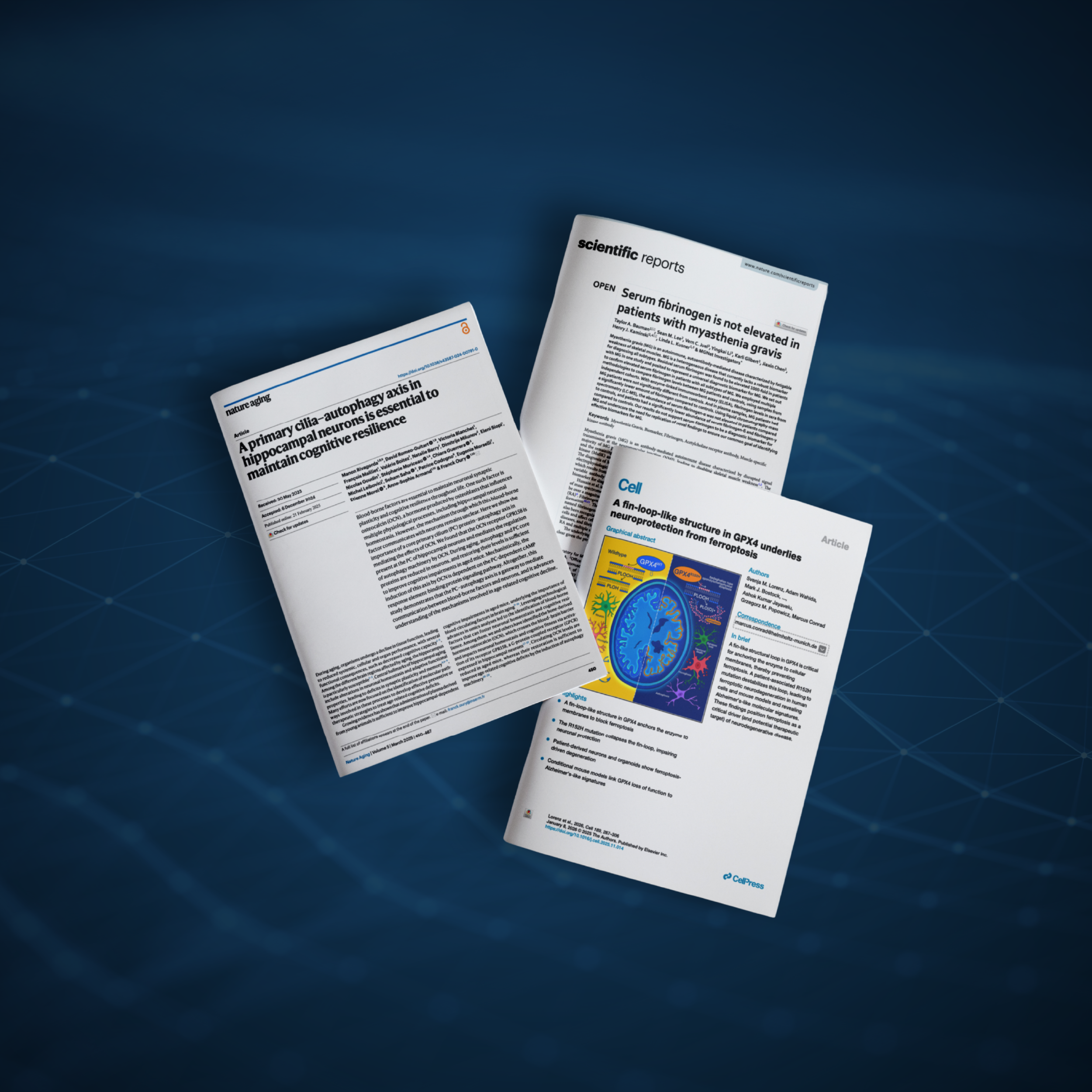Introduction
Biomarkers are essential in cancer research, offering critical insights into disease onset, progression, therapeutic response, and patient stratification. Whether derived from proteins, nucleic acids, or metabolites, these molecular signatures form the cornerstone of precision oncology.
Yet, biomarker discovery—especially from complex biological systems such as tumor tissues or plasma—remains a formidable scientific and technical challenge. Low-abundance proteins, sample heterogeneity, and difficult matrices like FFPE tissue or blood plasma often obscure key molecular signals.
Thanks to advances in proteomics technologies, researchers now have powerful tools to overcome these obstacles. PreOmics®’s innovative sample preparation workflows and automation-friendly solutions are helping scientists generate high-quality, reproducible proteomic data to accelerate biomarker discovery across cancer types.
Challenges in Cancer Biomarker Discovery
Despite the promise of precision oncology, identifying clinically relevant biomarkers is far from straightforward.
●Tumor heterogeneity complicates analysis, as cell populations within a tumor can differ significantly in their molecular profiles.
●Low-abundance proteins, which are often the most informative biomarkers, are easily masked by highly abundant housekeeping proteins.
● FFPE tissues, widely used in clinical archives, pose challenges due to protein cross-linking and degradation.
●Plasma and serum are rich in proteins but suffer from an extremely high dynamic range of protein concentration, making detection of potential biomarkers difficult without enrichment.
Traditional proteomics approaches often fall short in sensitivity, reproducibility, or scalability—especially when working with large patient cohorts or difficult sample types.
Solution: PreOmics® Technologies Powering Deeper Biomarker Discovery
PreOmics® addresses these challenges with a suite of standardized, automation-ready sample preparation solutions designed to deliver consistent, high-quality results:
●iST Sample Preparation Kits simplify and standardize the entire sample preparation process—from protein extraction to peptide cleanup.
● BeatBox® Tissue Homogenizer enables efficient and reproducible homogenization of tough tissue samples like FFPE tissues.
● ENRICH Technology compresses the dynamic range of plasma and serum samples, increasing the detection of low-abundance proteins without losing information from high-abundance ones.
These integrated tools empower researchers to dive deeper into the proteome, revealing hidden biomarker candidates across various cancer types.
Lung Cancer: Uncovering Biomarkers in Plasma
In a non-small cell lung cancer (NSCLC) study, ENRICH technology was applied to plasma samples from a small patient cohort. Results showed a 2.2-fold increase in protein identifications, which rose to 2.9-fold when using a spectral library generated via high-pH fractionation.
Key findings included:
● Detection of low-abundance inflammatory proteins (e.g., CRP, SAA1, S100 family proteins).
● Identification of cancer-linked proteins such as basigin (BSG) and stathmin 1 (STMN1).
These discoveries highlight ENRICH’s ability to retain biological information while enabling deeper proteome coverage.
Colorectal Cancer: Deeper Insights Made Accessible
Colorectal cancer (CRC) research using PreOmics® technology demonstrated substantial gains in proteomic analyses of plasma samples from both healthy donors and a small clinical cohort of CRC patients:
● ENRICH enabled a 6.8-fold increase in protein identification from plasma samples.
●The enhanced workflow revealed a spectrum of proteins involved in inflammation, immune regulation, and oncogenic signaling.
Researchers identified:
● Known biomarkers like MMP14, LRG1, and SAA1.
● Novel candidates such as ATF6, CD163, and SERPINA1.
● Downregulation of SMAD3, typically weakly expressed in CRC, was confirmed.
This depth of analysis—achieved without sacrificing scalability—showcases ENRICH’s value in both discovery and validation phases.
Pancreatic Cancer: Multi-Omics for Early Detection
Early diagnosis of pancreatic cancer remains a significant clinical challenge. In a recent multi-omics study, researchers used PreOmics® iST workflow to prepare proteomics samples from:
● Pancreatic cyst fluid
● Blood serum
Parallel transcriptomic profiling provided complementary genetic data. Integration of these datasets led to the identification of a cross-biofluid biomarker panel with strong performance across both biofluids.
This approach paves the way for earlier detection and more accurate risk assessment in patients with pancreatic cystic lesions—a crucial step in improving outcomes for this aggressive cancer.
Conclusion: Enabling Precision Oncology Through Better Proteomic Data
As cancer care becomes increasingly personalized, the need for reliable, high-quality biomarker data is greater than ever. PreOmics® technologies—built for robustness, reproducibility, and ease-of-use—bridge the gap between raw biological samples and actionable molecular insights.
Whether it’s extracting proteins from tough tissues, enriching low-abundance proteins in plasma, or enabling scalable workflows across large studies, PreOmics® empowers researchers to:
● Uncover hidden biomarkers
● Accelerate discovery
● Translate findings into clinical impact
With PreOmics®, the future of cancer biomarker discovery is deeper, faster, and more precise. Learn more about how proteomics drives biomarker discovery, or contact a member of the team today with any questions.
References
1. Kane, L.E. et al. Multi-omic biomarker panel in pancreatic cyst fluid and serum predicts patients at a high risk of pancreatic cancer development. Sci Rep 15, 129 (2025). https://doi.org/10.1038/s41598-024-83742-4



.webp)








